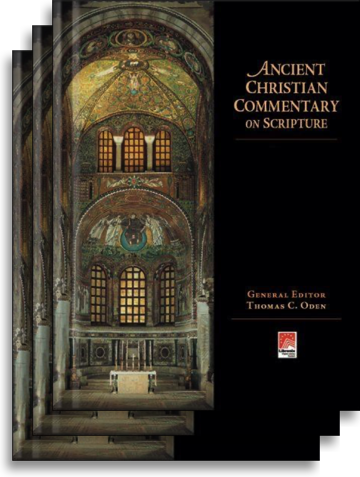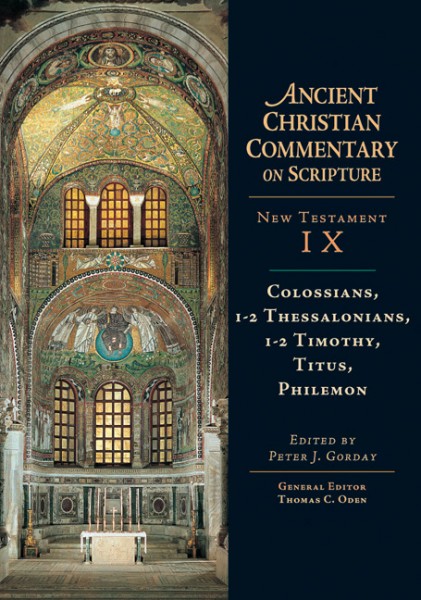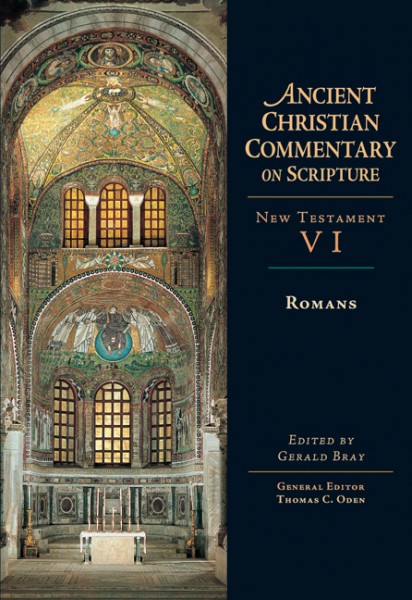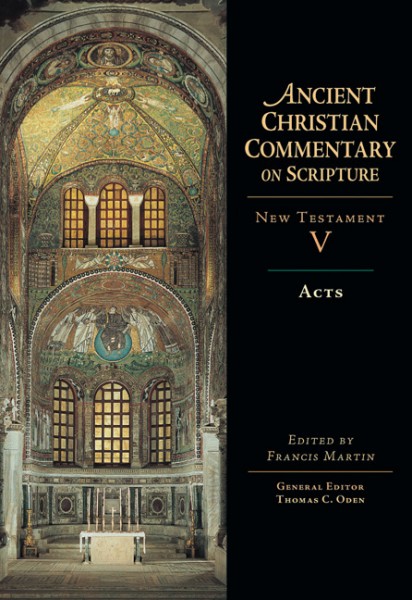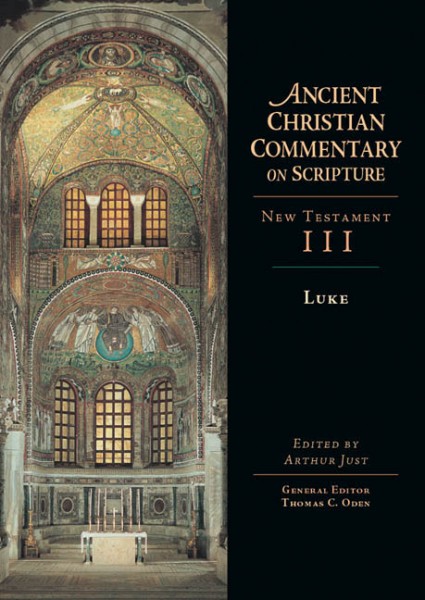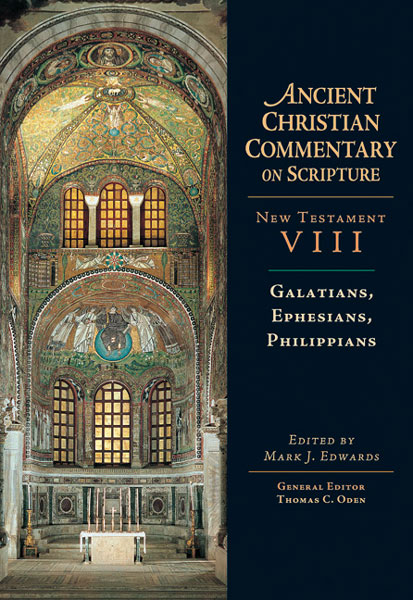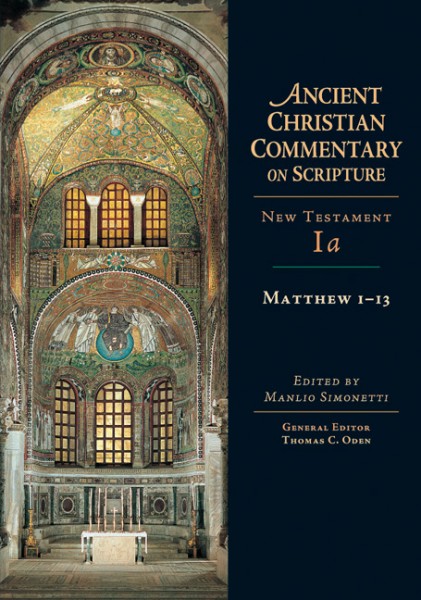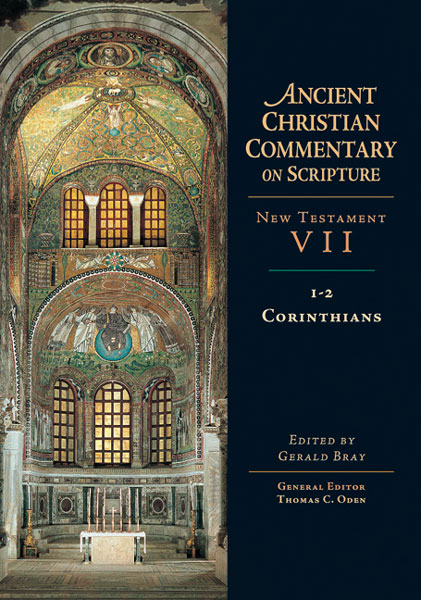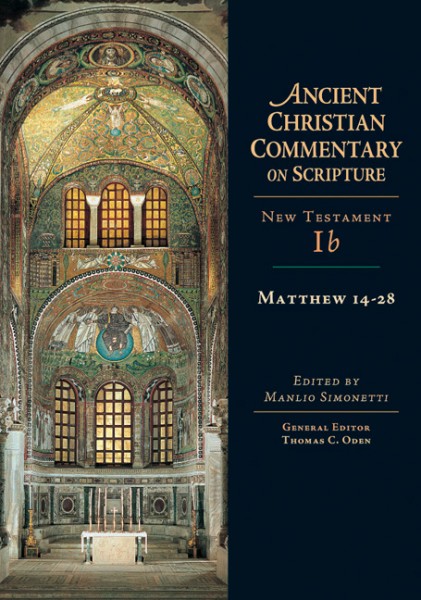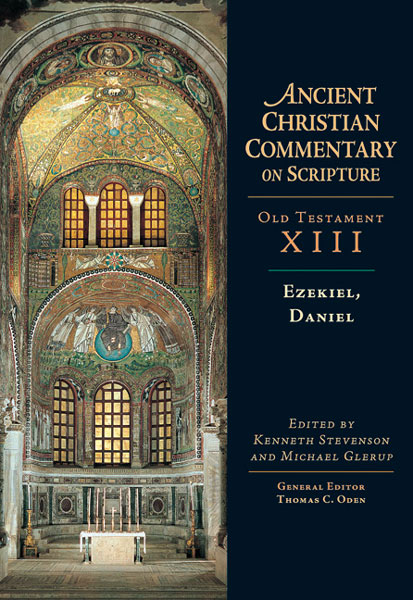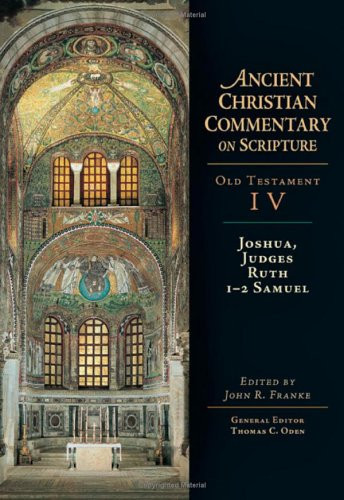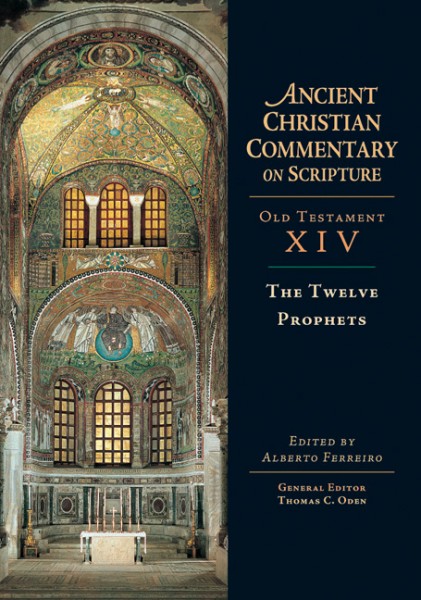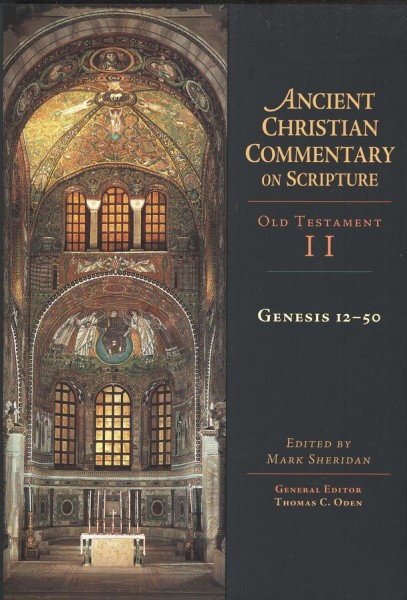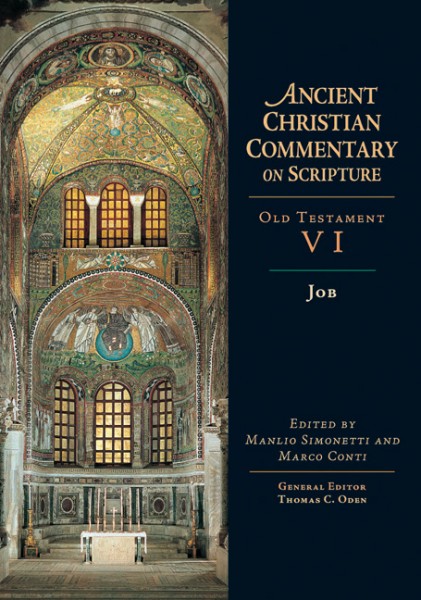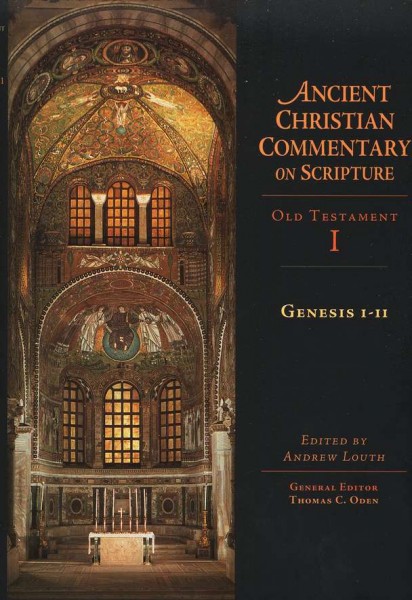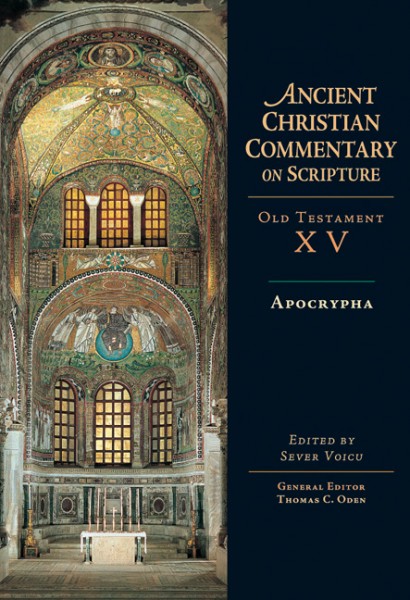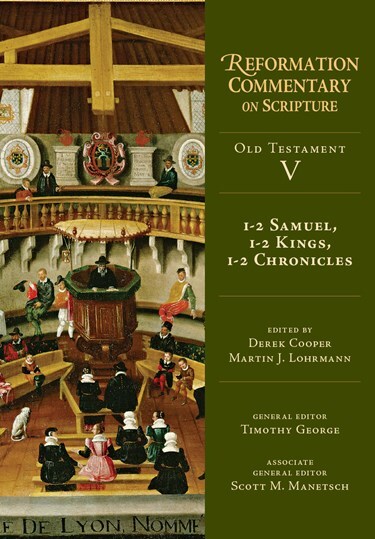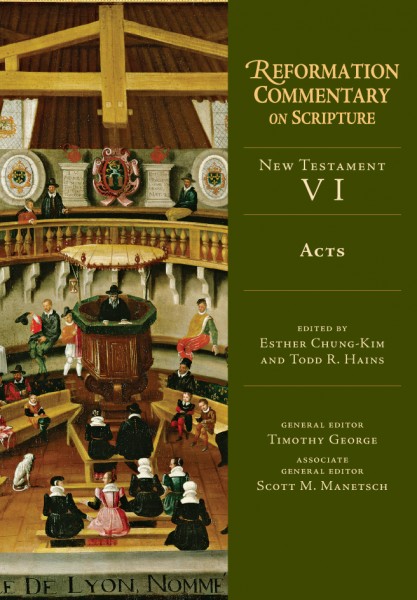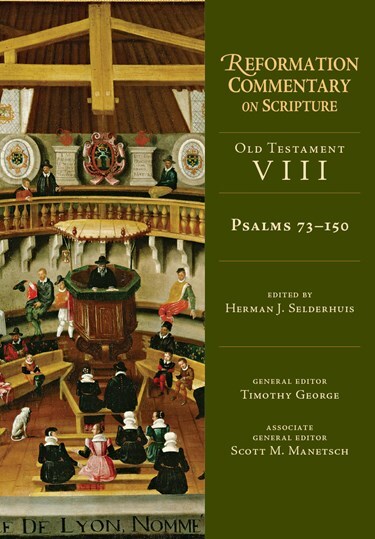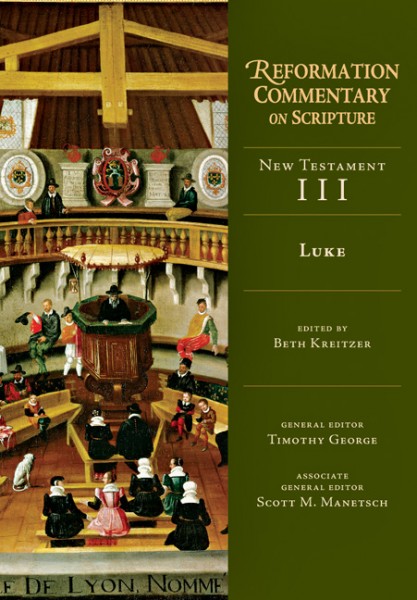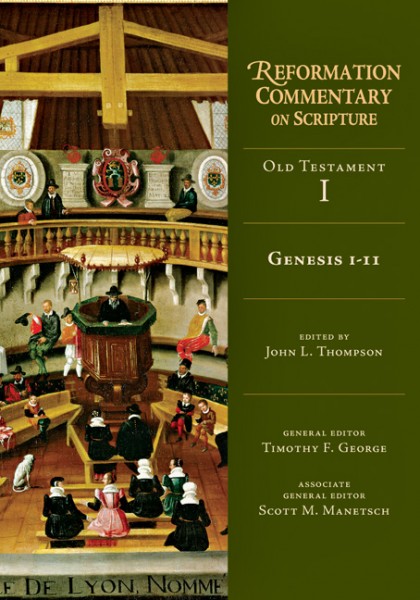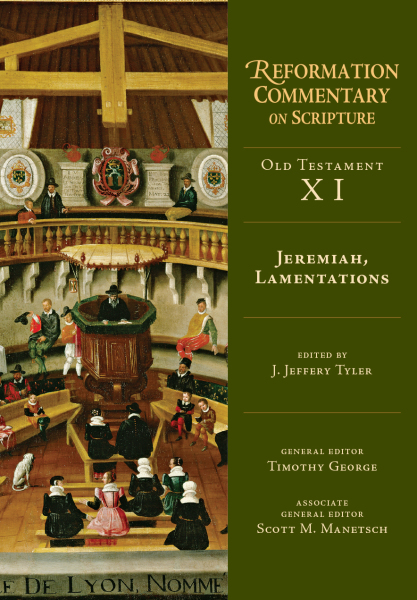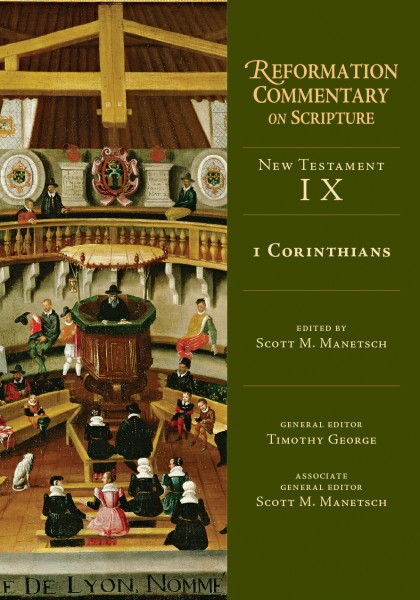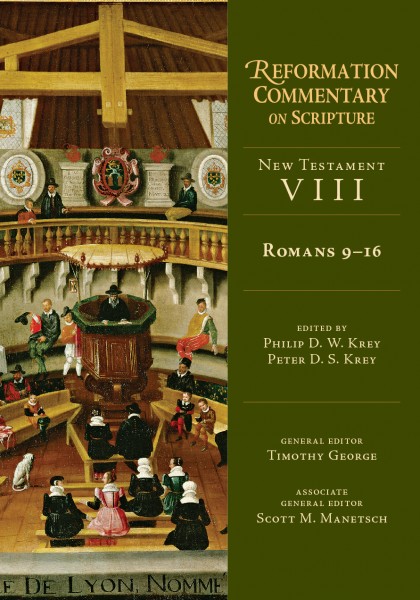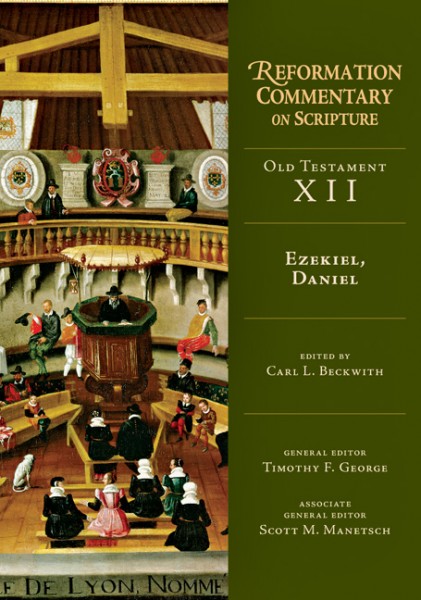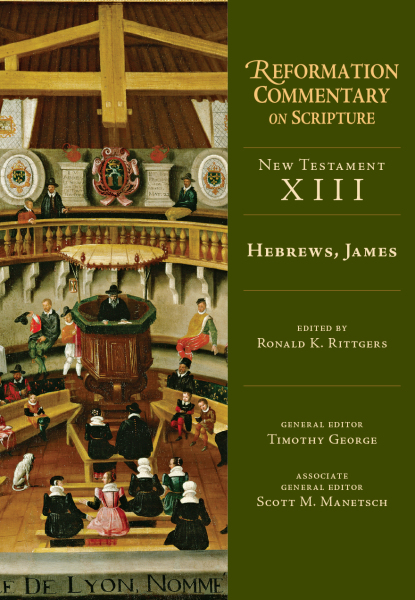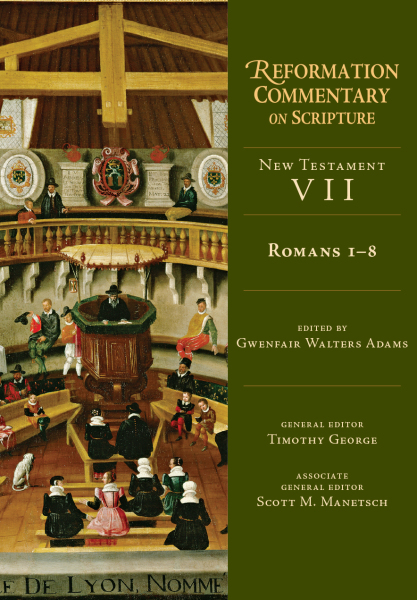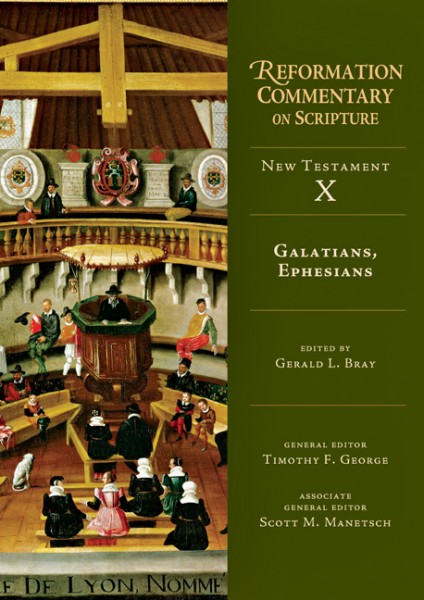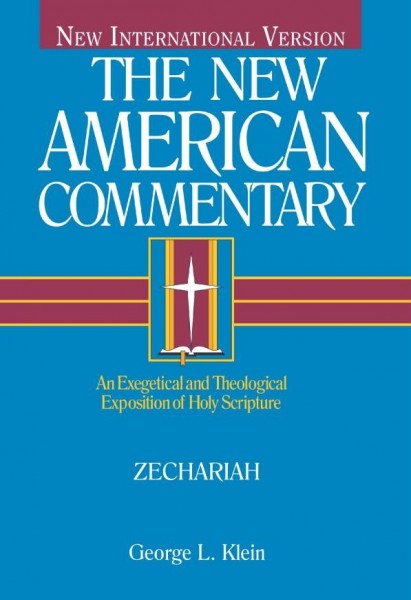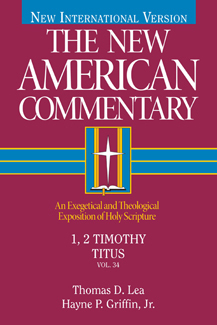



The Ancient Christian Commentary on Scripture does what very few of today's students of the Bible could do for themselves. With the aid of computer technology, the vast array of writings from the church fathers—including much that is available only in the ancient languages—have been combed for their comment on Scripture. From these results, scholars with a deep knowledge of the fathers and a heart for the church have hand-selected material for each volume, shaping, annotating and introducing it to today's readers. Each portion of commentary has been chosen for its salient insight, its rhetorical power and its faithful representation of the consensual exegesis of the early church.
The Ancient Christian Commentary on Scripture is an ecumenical project, promoting a vital link of communication between the varied Christian traditions of today and their common ancient ancestors in the faith. On this shared ground, we listen as leading pastoral theologians of seven centuries gather around the text of Scripture and offer their best theological, spiritual and pastoral insights.
Today the historical-critical method of interpretation has nearly exhausted its claim on the biblical text and on the church. In its wake there is a widespread yearning among Christian individuals and communities for the wholesome, the deep and the enduring. The Ancient Christian Commentary on Scripture does not seek to replace those excellent commentaries that have been produced in the twentieth century. Rather, it supplements them, framing them with interpretive voices that have long sustained the church and only recently have fallen silent. It invites us to listen with appreciative ears and sympathetic minds as our ancient ancestors in the faith describe and interpret the scriptural vistas as they see them.
The Ancient Christian Commentary on Scripture is a postcritical revival of the early commentary tradition known as the glossa ordinaria, a text artfully elaborated with ancient and authoritative reflections and insights. An uncommon companion for theological interpretation, spiritual reading, and wholesome teaching and preaching.
About the Revelation volume:
The Revelation to John--with its vivid images and portraits of conflict leading up to the marriage supper of the Lamb, the cosmic destruction of evil, and the formation of a new heaven and a new earth--was widely read, even as it was variously interpreted in the early church. Approaches to its interpretation ranged from the millenarian approach of Victorinus of Petovium to the more symbolic interpretation of Tyconius, who read Revelation in the sense of the universal and unitary time of the church. Tyconius's Book of Rules, deeply admired by Augustine with its seven principles of interpretation, strongly influenced not only ongoing interpretation of the Revelation but the whole of medieval exegesis.
From early on the book of Revelation was more widely accepted in the West than in the East. Indeed the earliest extant commentaries on Revelation in Greek date from Oecumenius's commentary in the sixth century, which was soon accompanied by that of Andrew of Caesarea. Earlier Eastern fathers did, however, make reference to Revelation in noncommentary works.
This ACCS volume edited by William C. Weinrich draws heavily on the two Greek commentaries from Oecumenius and Andrew of Caesarea to represent Eastern interpretation, while focusing on six other commentaries as primary witnesses to Western interpretation--those of Victorinus of Petovium, Tyconius, Primasius, Caesarius of Arles, Apringius of Beja and Bede the Venerable. Every effort has been made to give adequate context so that the creative use of Scripture, the theological interest and the pastoral intent can be discerned by readers today.
Amid this treasure trove of early interpretation readers will find much that appears in English translation for the first time.
